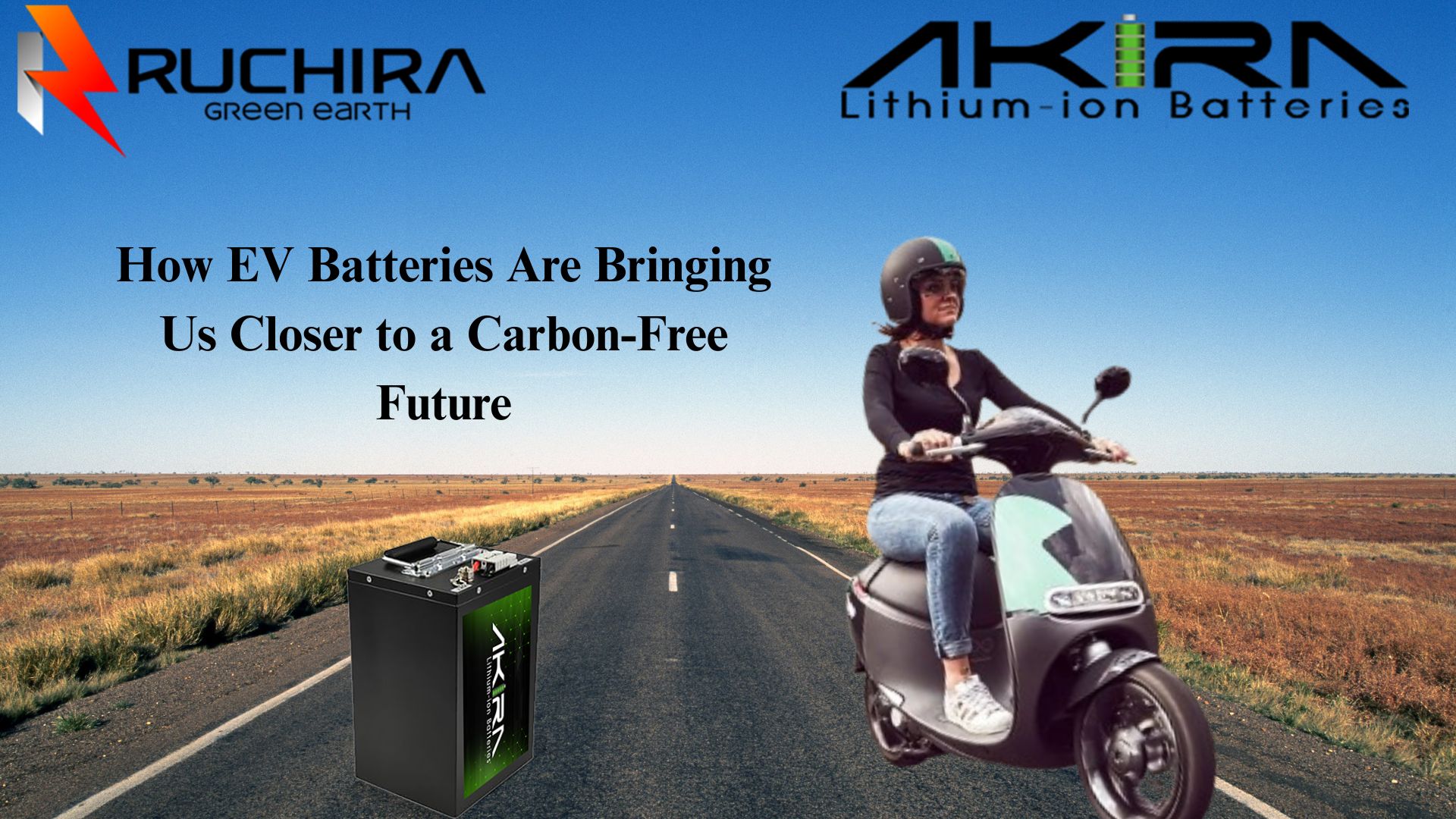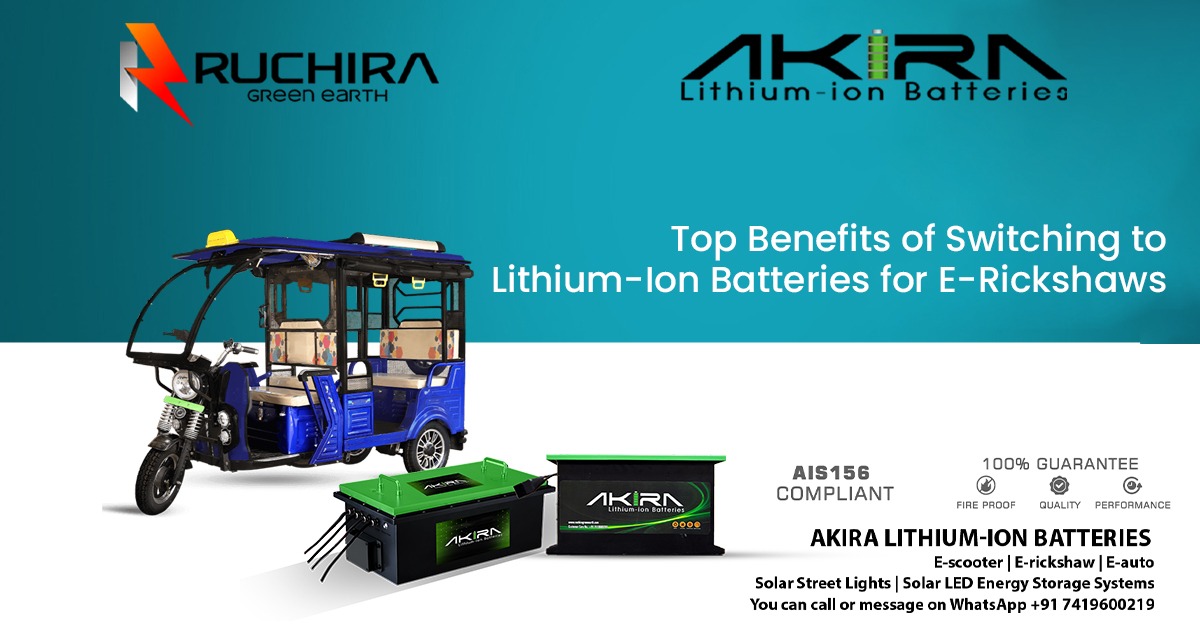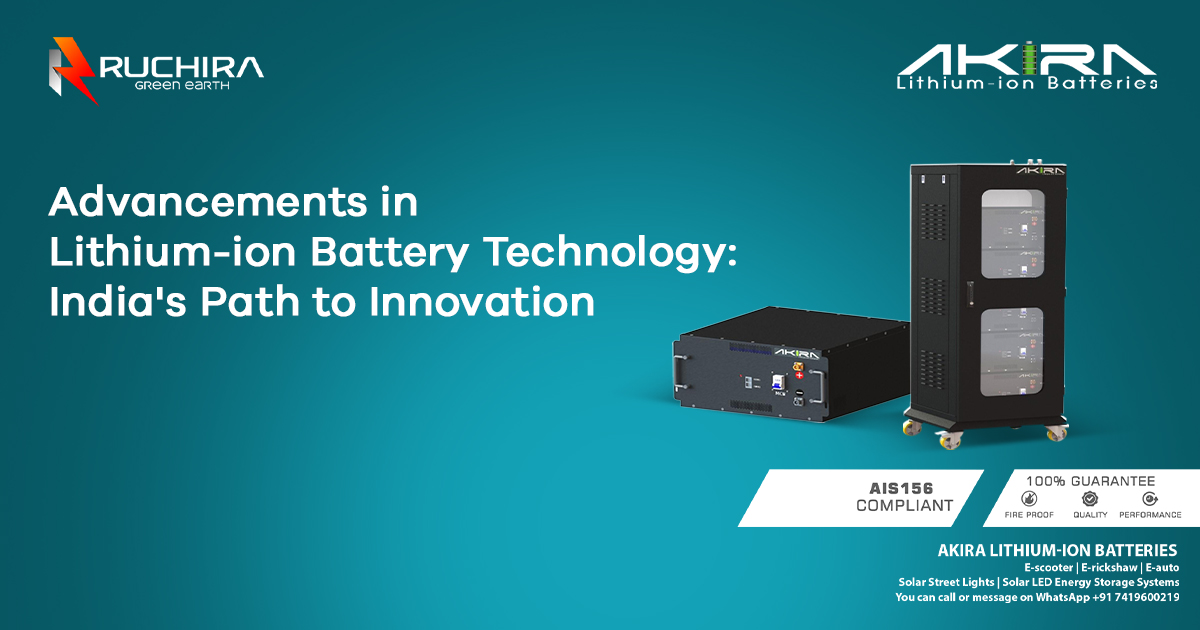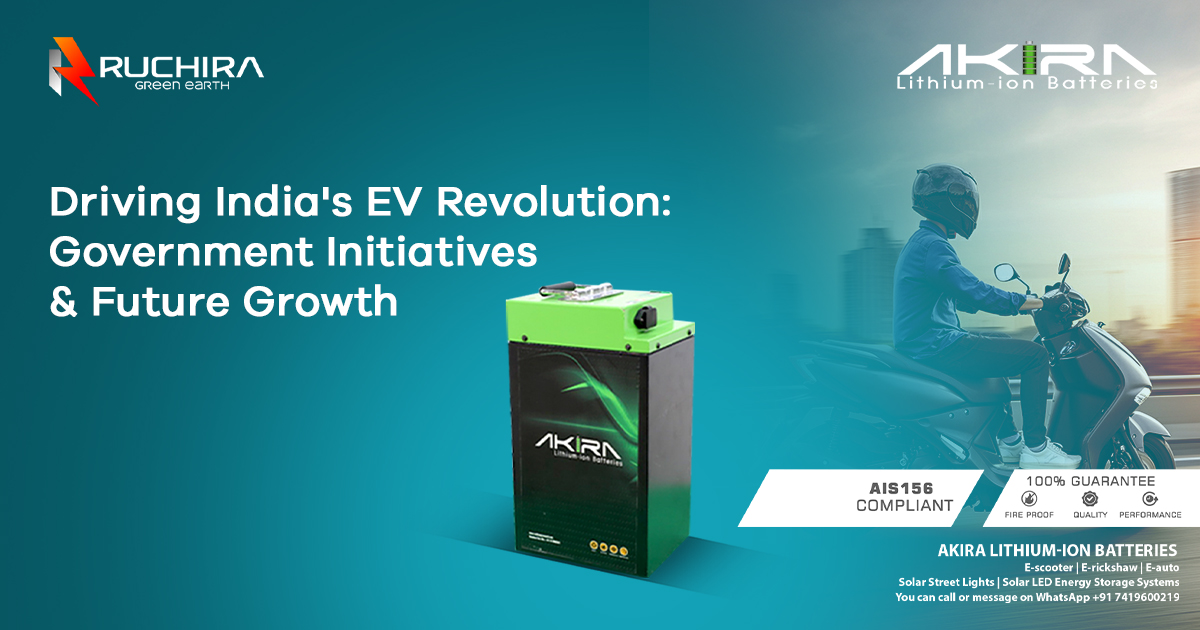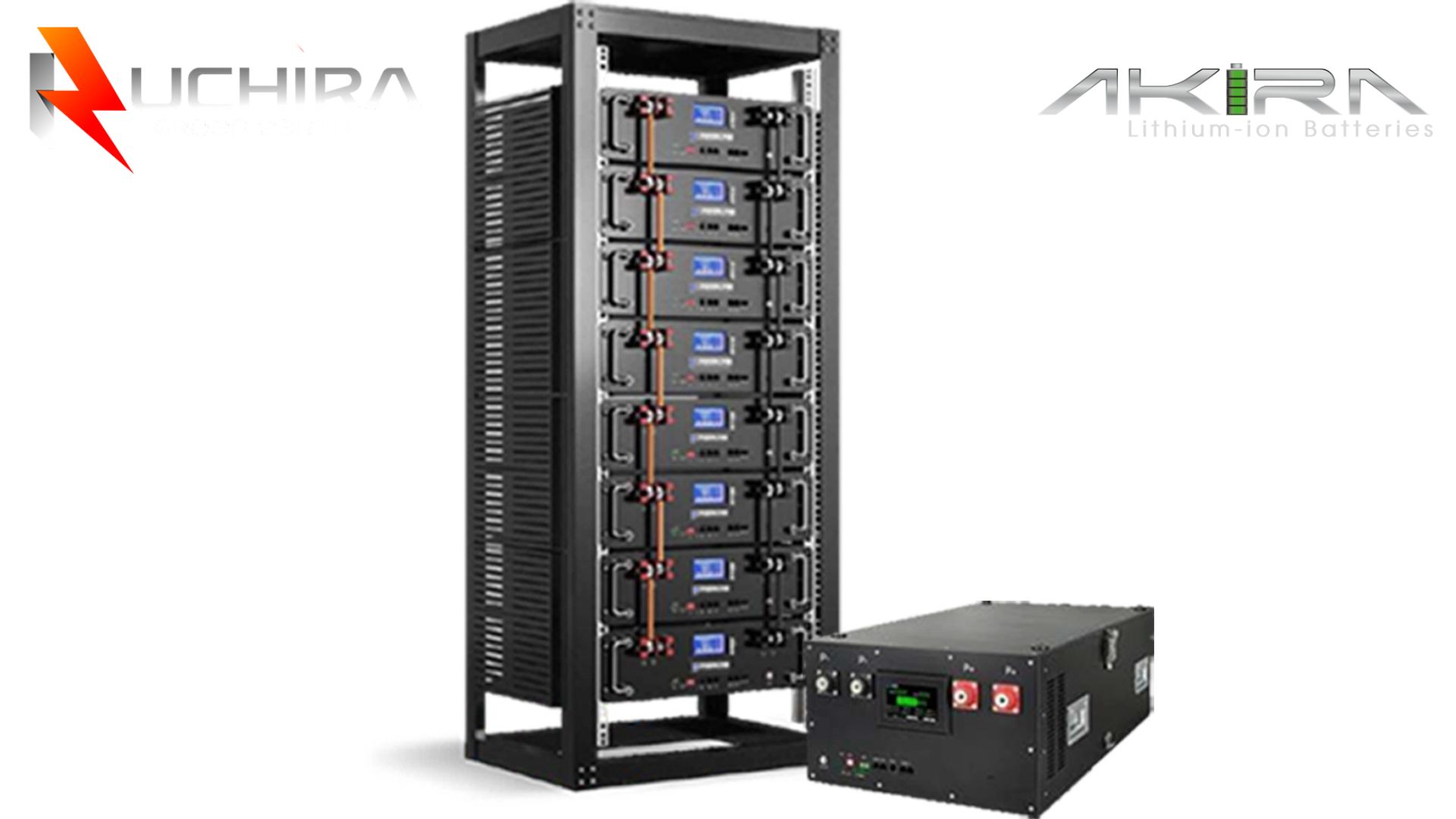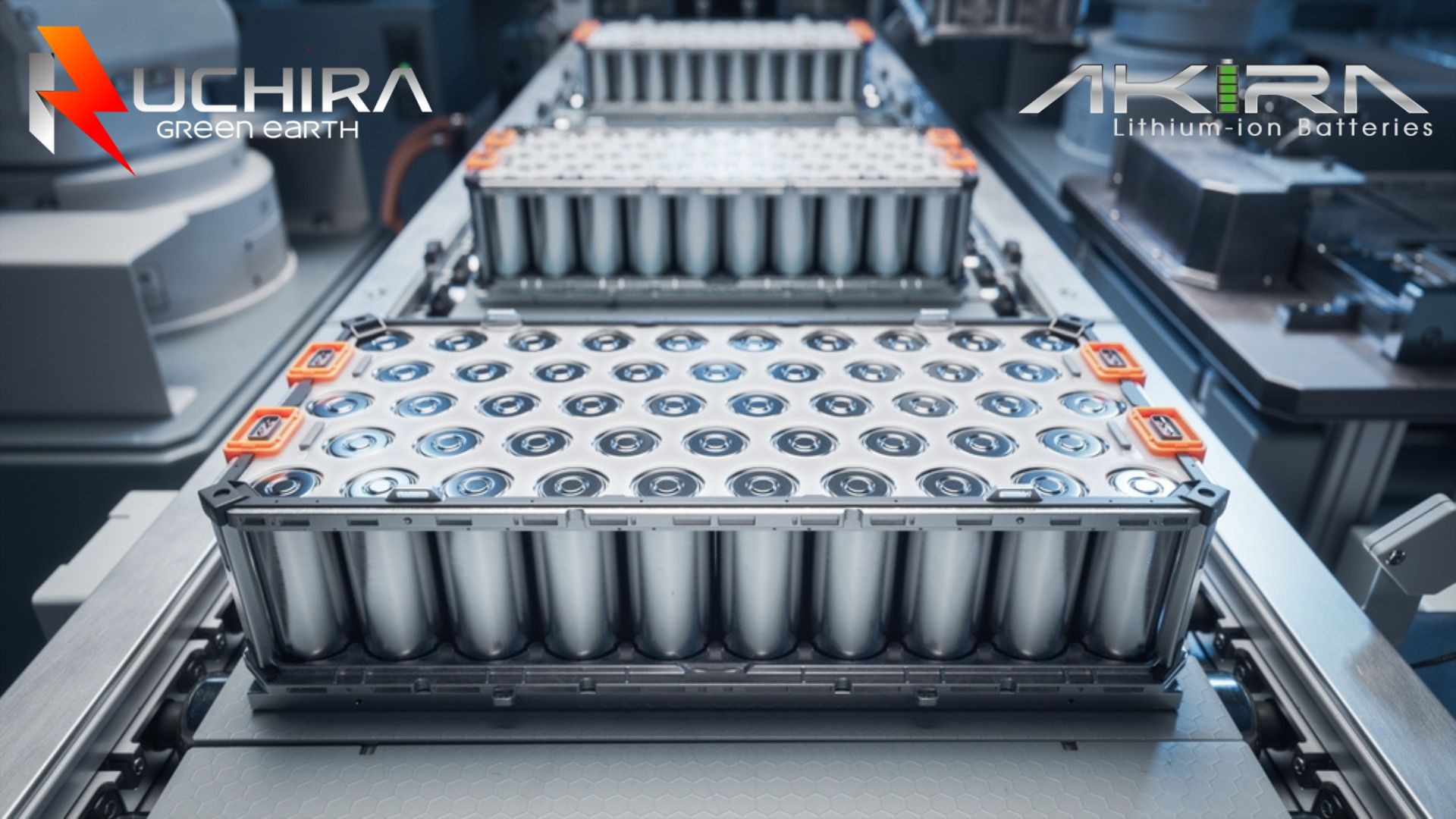As the world faces the ever-growing challenges of climate change, the need for sustainable energy solutions has never been more pressing. Among the most promising technologies leading the charge is the electric vehicle (EV), and at the core of these vehicles lies the battery. Akira, a leading EV battery manufacturer, is playing a crucial role in advancing this technology, making significant strides toward a carbon-free future.
The Role of EV Batteries in Reducing Carbon Emissions
Electric vehicles, powered by advanced batteries, offer a substantial reduction in carbon emissions. Unlike conventional vehicles that rely on fossil fuels, EVs operate on electricity stored in batteries, which results in zero tailpipe emissions. As the power grid transitions to cleaner energy sources, like solar and wind, the benefits of EVs multiply, creating an even greater reduction in greenhouse gases. This makes EVs an essential part of global efforts to tackle climate change.
Akira, as an EV battery manufacturer, is working to make these batteries more efficient, ensuring that EVs become an even more viable alternative to traditional gasoline-powered cars. By focusing on improving energy density, faster charging, and longer battery life, Akira is playing a significant role in accelerating the adoption of EVs worldwide. These technological advancements not only reduce our dependence on fossil fuels but also contribute to creating cleaner, quieter cities.
Innovations by Akira in EV Battery Technology
The development of EV battery technology has made impressive progress in recent years. As a leading EV battery manufacturer, Akira has been at the forefront of this innovation. The company has developed batteries with higher energy storage capacities, faster charging times, and longer lifespans—key factors that help alleviate common concerns about EVs, such as range anxiety.
These advancements are making it easier for consumers to adopt EVs as their primary mode of transportation, whether for daily commuting or longer road trips. With Akira’s batteries, the performance of EVs has reached new levels, and their ability to meet the needs of modern drivers is stronger than ever.
Additionally, Akira is committed to sustainability in the manufacturing process. The company is continuously working to reduce the environmental impact of its batteries, ensuring that every stage of the battery’s life—from production to disposal—is eco-friendly. Through responsible sourcing and innovations in battery recycling, Akira is helping make EVs not only cleaner but also more sustainable.
EV Batteries and Renewable Energy Integration
Beyond powering vehicles, Akira’s batteries are also helping integrate renewable energy into the grid. The development of vehicle-to-grid (V2G) technology, which allows EVs to both draw power from the grid and feed it back when necessary, is a breakthrough in energy storage. As Akira continues to improve its battery technology, these batteries will become essential tools for stabilizing the energy grid, especially when renewable sources like solar and wind are not producing electricity.
With the ability to store excess energy generated by renewable sources, Akira’s batteries help make the transition to a carbon-free grid more feasible. In the future, EVs may not just be vehicles but also mobile energy storage solutions that contribute to a smarter, more sustainable energy system.
The Path to a Carbon-Free Future
As Akira and other EV battery manufacturers continue to innovate, the dream of a carbon-free future is becoming more achievable. EVs, powered by high-performance batteries, are now more accessible and reliable than ever. With lower costs and improved efficiency, these vehicles are making significant strides in reducing our collective carbon footprint.
Governments and industries worldwide are increasingly prioritizing the adoption of EVs and the infrastructure needed to support them. As more consumers choose electric vehicles, the demand for advanced, reliable batteries like those produced by Akira will continue to grow, helping to accelerate the transition to a greener, more sustainable world.
In conclusion, Akira is leading the way in the development of cutting-edge EV battery technology that is critical to achieving a carbon-free future. With more powerful, efficient, and sustainable batteries, the transition to electric vehicles is set to revolutionize the transportation sector and significantly reduce global carbon emissions.
Join the Clean Energy Revolution
Are you ready to make a positive impact on the planet? By choosing an electric vehicle powered by batteries from Akira, you’re not only making a smart choice for your transportation needs but also contributing to a cleaner, more sustainable future. With Akira driving the change in EV battery technology, the journey toward a carbon-free world is within reach. Don’t wait—make the switch to electric today and be part of the solution!
